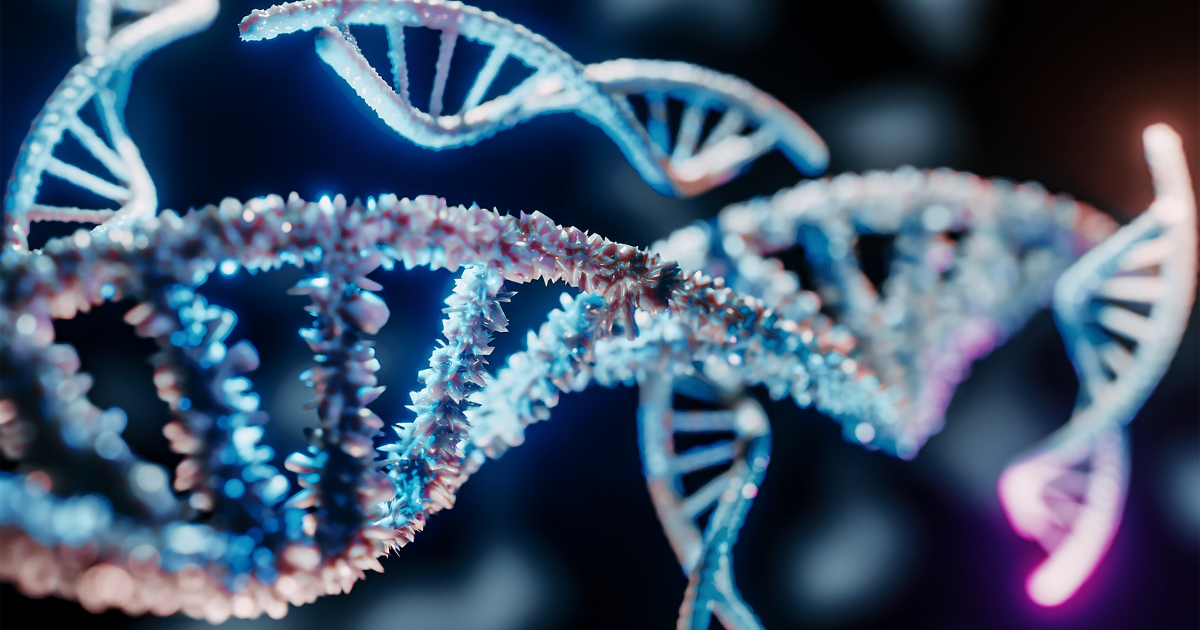The role that genes play in pancreatic cancer

Pancreatic cancer is a genetic disease caused by changes or mutations in segments of DNA called genes. Genes carry the code or the instructions which tells the cells in the body how to grow and function. Mutations in certain genes can allow cells to grow in an uncontrolled way.
When these mutations occur in the DNA of the cells lining the pancreatic duct, a pancreatic cancer can develop. In addition to causing cancer cell growth, gene mutations can also allow cancer cells to invade other tissues, spread to other areas of the body and even to hide from the body’s immune system.
Gene mutations that promote pancreatic cancer can be inherited from our biological parents. These mutations are called germline mutations, and they are present in every cell of the body. Individuals who carry certain gene mutations have an increased risk of developing pancreatic cancer during their lifetime; these gene mutations typically come with risk for other types of cancer as well. For example, gene mutations in the BRCA1 or BRCA2 gene increases an individual’s risk of not only pancreatic cancer but also breast, ovarian and prostate cancers.
Less than 10% of pancreatic cancer has a known genetic cause. Currently, we recommend that all patients diagnosed with pancreatic cancer consider genetic testing, which involves taking a sample of blood to look for germline mutations which may have predisposed the person to develop pancreatic cancer. These results are particularly important for family members, who may benefit from more intensive cancer screening if a gene mutation is identified.

Pancreatic cancer can also develop from gene mutations which are acquired during the course of one’s lifetime. Acquired mutations can develop if mistakes are made during normal cell division or from environmental factors like tobacco or alcohol, and even from chronic inflammation. As a cancer grows, additional gene mutations may develop due to loss of the normal DNA repair machinery in cancer cells. Some genetic changes are the result of the cancer, rather than the cause.
Pancreatic tumor tissue can be tested for gene mutations, and drugs that target that mutation can be used to treat the cancer. In some disease we know which mutations can be effectively targeted, however, in pancreatic cancer this approach is typically done as part of a clinical trial.
In summary, genetics can play an important role in an individual’s risk of developing pancreatic cancer, the growth and spread of a pancreatic cancer and, in some cases, can help guide treatment selection for patients with pancreatic cancer. If you or a loved one have been diagnosed with pancreatic cancer it’s important to discuss genetic testing with your doctor – both of your inherited DNA as well as tumor genetic testing.




